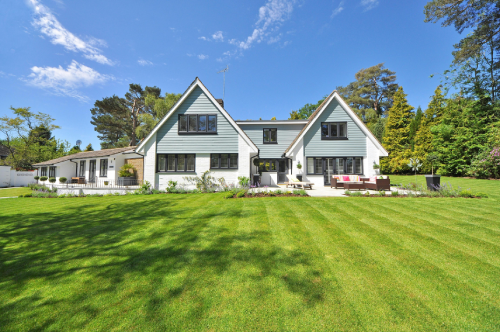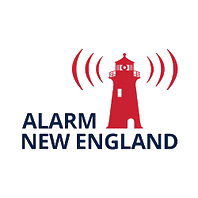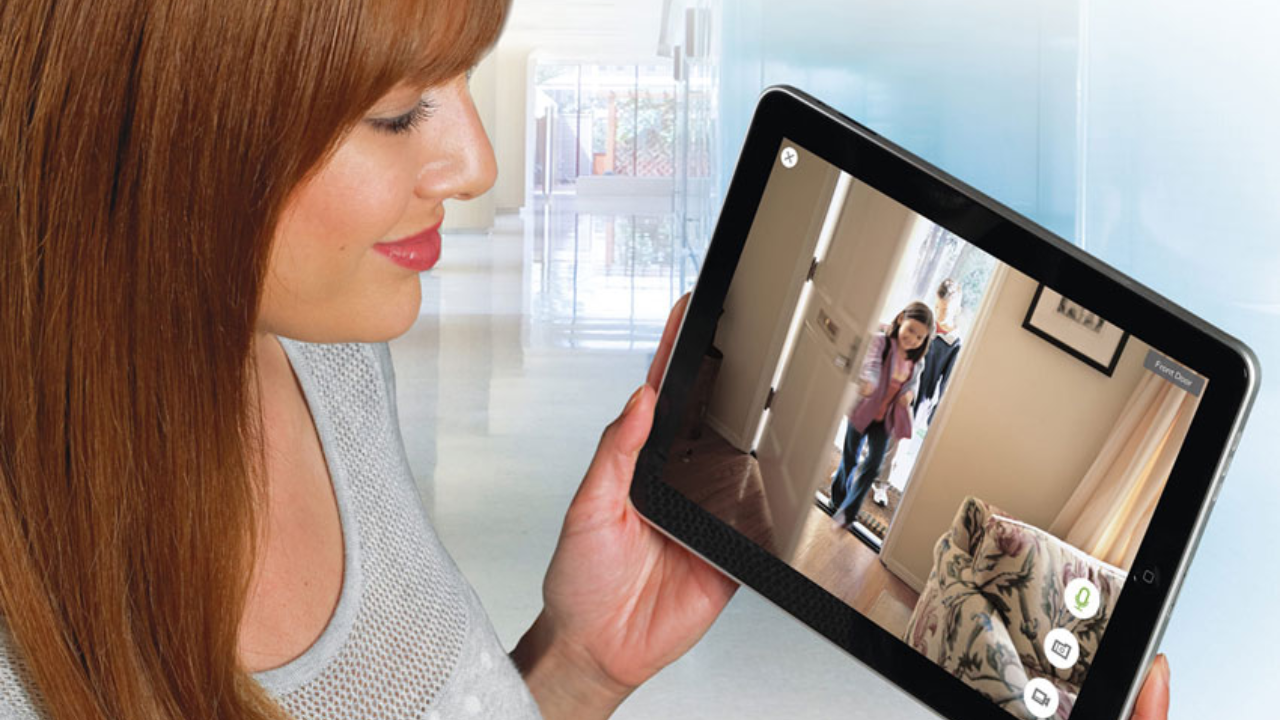Last Updated on December 31, 2024 by Alarm New England
Most people know basic security steps. These uncommon tips add extra protection. Security experts recommend these methods to stop burglars.

#1 – Hidden Valuables Storage
Thieves expect safes in master bedrooms. Smart homeowners create unexpected storage spots.
Install fake electrical outlets to hide small items. Add secret compartments in kitchen cabinets. Build false bottoms in drawers. Place decoy valuables in obvious spots.
Kitchen cabinets make excellent hiding spots. Most burglars skip kitchens entirely. Install hidden compartments behind spice racks. Store valuables in fake cleaning supply containers.
Bathroom storage works well too. Install hidden wall panels behind towel racks. Use fake shampoo bottles with waterproof containers. Burglars rarely search bathrooms thoroughly.
#2 – Smart Landscaping Security
Plants protect homes naturally. Thorny bushes under windows deter intruders. Strategic landscaping blocks entry points.
Plant these security-enhancing options:
- Rose bushes with sharp thorns
- Holly shrubs near ground-floor windows
- Bamboo screens for privacy
- Gravel paths that make noise
Position motion lights behind plants. This creates confusion for intruders. Trim branches that could help climbers. Keep sight lines clear to entry points.
#3 – Digital Deception Tactics
Smart homes need smart protection. Digital deception confuses tech-savvy criminals.
Create a separate guest WiFi network. Name it something unappealing like “Virus_Infected_Network”. Hide your main network name completely. Change passwords monthly.
Set up fake security cameras alongside real ones. Program smart lights to mimic occupancy patterns. Use automated voice recordings of dog barks or conversations.
#4 – Social Media Safety
Criminals check social media for empty houses. Your posts reveal security weaknesses.
Never post:
- Vacation dates
- Home location details
- New purchase photos
- Daily routines
- Home layout images
Wait to share vacation photos until you return. Remove location data from pictures. Avoid checking in at locations far from home. Review privacy settings monthly.
#5 – Neighborhood Watch 2.0
Modern neighborhood watches use technology. Apps connect neighbors instantly. Communities share security information effectively.
Use these tools:
- Security camera sharing networks
- Community alert apps
- Local police notification systems
- Private neighborhood social networks
Share suspicious activity reports quickly. Create emergency contact lists. Organize virtual neighborhood meetings. Build relationships with local police.
#6 – Psychological Deterrents
Criminal psychology reveals deterrent methods. Small changes affect burglar behavior. These tricks make your home less appealing.
Display security company signs prominently. Add “Beware of Dog” signs even without pets. Place work boots and large dog bowls near entrances. Make your home look actively protected.
Install obvious cameras and hidden ones. Criminals avoid homes with multiple security layers. They prefer easier targets.
#7 – Smart Lock Rotation
Change entry codes weekly. Create temporary codes for visitors. Delete unused codes immediately. Smart locks track who enters your home.
Keep logs of:
- Code assignments
- Entry times
- Failed attempts
- Battery levels
#8 – Window Security Films
Install security films on glass surfaces. These films hold broken glass together. Burglars can’t enter quickly through broken windows.
Benefits include:
- Break-in prevention
- UV protection
- Weather resistance
- Energy savings
#9 – Lighting Sequences
Program complex light patterns. Avoid simple on/off timers. Make your home look naturally occupied.
Create patterns that:
- Vary by room
- Change daily
- Include TV screen effects
- Mirror real activities
#10 – Package Protection
Prevent package theft with secure delivery options. Install lockable delivery boxes. Use smart doorbells with package detection.
Security measures include:
- Delivery instructions
- Camera monitoring
- Secure drop boxes
- Neighbor agreements
Each measure adds protection layers. Combine these tips with existing security. Update your security plan regularly.



